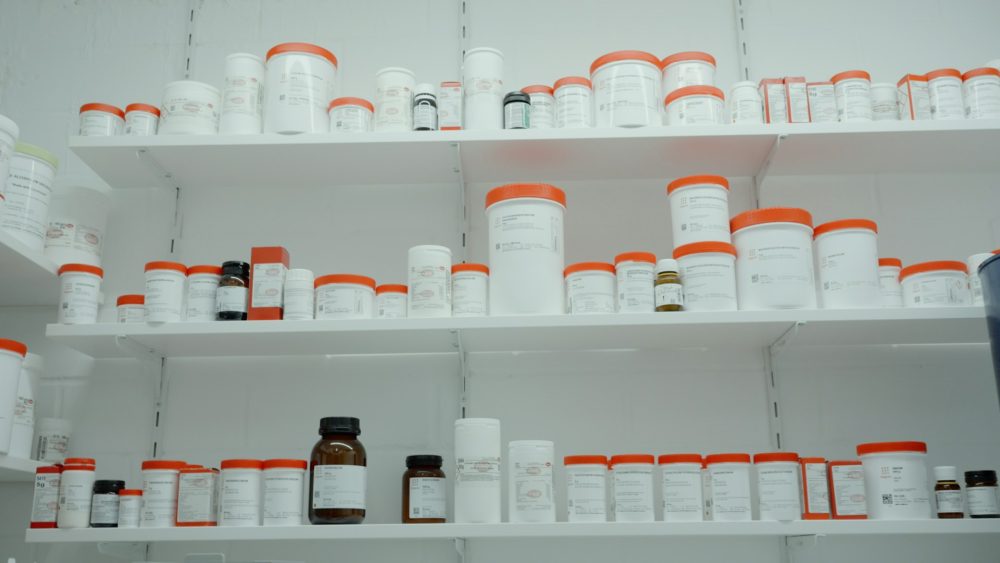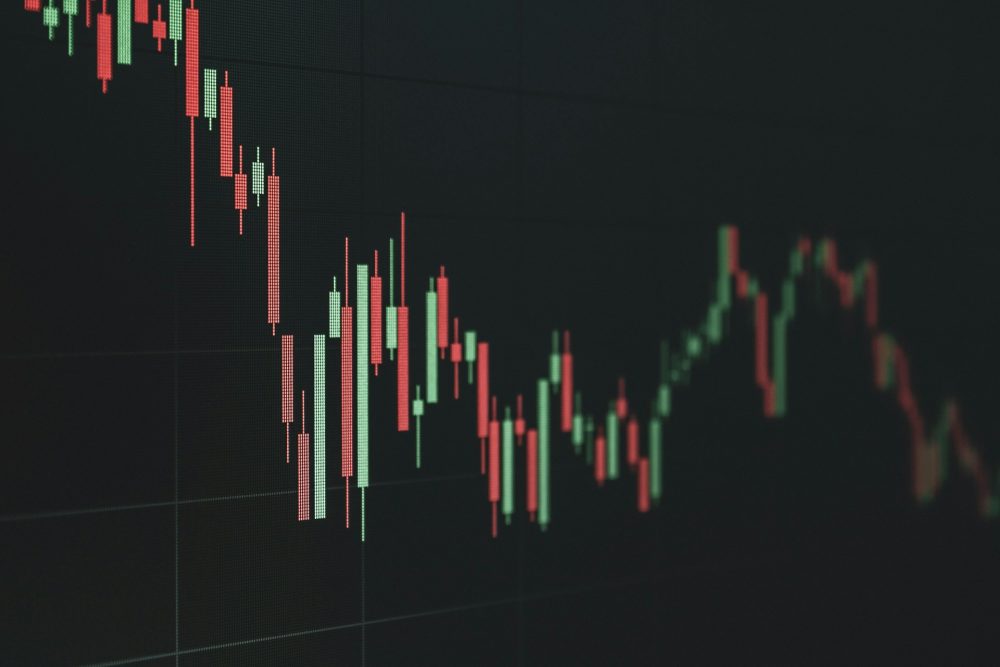Biotech
Biosimilars Projected to Save Spanish Healthcare €22 Billion by 2030, Says BioSim Study
A BioSim study highlights biosimilars’ crucial role in reducing Spain’s healthcare spending, projecting €22.27 billion in savings from 2024–2030. Despite rising biologic drug costs, biosimilars ensure affordable treatment access through competition. Experts urge sustainable policies to support long-term market viability, balancing savings with incentives. Biosimilars now cover 84 drugs and 40 therapeutic indications.

The Spanish Association of Biosimilar Medicines (BioSim) presented this Thursday the study on the ‘budgetary impact of biosimilar medicines on the Spanish National Health System 2020-2030’. The document states that the role of biosimilars should be to provide savings to the SNS once the patents of the original biological products expire through the competition they generate, with the consequent price erosion.
According to the report, just as it is necessary to promote R&D incentives for innovative products, it is also necessary to provide incentives for R&D in biosimilar products that are sustainable over the long term, so that biosimilars can access the market and the necessary level of competition can be guaranteed.
It should be noted that biologic medications are therapeutic alternatives of great clinical value, used in various areas of medicine, such as oncology and autoimmune diseases. The World Health Organization has included them on its list of essential medicines due to their effectiveness in treating complex pathologies.
The impact of biological medicines is significant, both from a health perspective, as they offer effective treatments for difficult-to-treat diseases, and from an economic perspective, as they are expensive, with average costs per patient per year of between €10,000 and €60,000.
According to the report, spending on biologic medicines is increasing year after year in Europe, growing at a rate of 14.7% between 2022 and 2023. Given this situation, the promotion of biosimilar medicines has emerged as one of the most promising solutions for improving the efficiency of spending in healthcare systems.
Biosimilars are versions of biological medicines that have been shown to be highly similar in quality, safety , and efficacy to the original biological products whose protection period has expired.
Biosimilars are gaining ground
Since their entry into the pharmaceutical market in 2006, biosimilars have gained ground as a valuable tool for reducing costs, as the market competition generated by the emergence of more alternatives translates into significant savings for European healthcare systems. IQVIA estimates that between 2012 and 2023, the cumulative savings from biosimilar competition (to PLV) in Europe amounted to more than €50 billion.
Spain is one of Europe’s leading pharmaceutical markets, ranking among the top countries in terms of spending and consumption of medicines. In this context, public spending on medicines and healthcare products has shown an upward trend in recent years.
In 2023, public pharmaceutical spending , including hospital spending, pharmaceutical products, and healthcare products for prescriptions or dispensing orders from pharmacies, reached €23.175 billion, representing nearly 24% of total public healthcare spending and an increase of 5.2% compared to the previous year.
According to the report, this increase, driven by factors such as an aging population, the rise in chronic diseases, and the introduction of innovative, high-cost treatments, is putting increasing pressure on public budgets.
Biosimilars now include 84 medications
Encarnación Cruz, CEO of BioSim, commented that biosimilars have come of age and currently include 84 medications, 23 active ingredients, 186 marketed formulations, and 40 indications. She explained that they have a strategy to promote the use of biosimilars, such as training for parliamentarians, health departments, patients, and more. “It is very important to generate certainty and trust among professionals and patients. That’s why we produce reports supported by highly prestigious organizations.”
Cruz stated that among the future challenges is a changing environment regarding European and national legislation. “The loss of patents for very important medicines, which are among the 15 most widely used active ingredients, is approaching. We hope that orphan drugs will be given some importance, and to achieve this, we must be proactive. We must be aware that we must preserve the biosimilar market for the future, and this requires having a sustainable market. Price regulation is important, but we must also keep in mind that we must ensure the sustainability of companies,” he said.
Manuel García Goñi, professor of Applied Economics, Structure, and History at the Complutense University of Madrid, explained during his presentation that the objective of the study was to estimate the budgetary impact of the availability of biosimilars for the Spanish NHS in the period 2020-2030.
Additionally, a comparative analysis of the results observed for the 2020-2022 retrospective period has been carried out with those obtained in the prospective study previously developed for this same time horizon.
Among the conclusions outlined by Goñi, the report states that the estimated savings generated by biosimilars in Spain for the period 2020-2023 was €5.803 billion, although the distribution of savings was very uneven among the different active ingredients. The five that produced the most savings were (in decreasing order) adalimumab, infliximab, rituximab, erythropoietin, and bevacizumab, accounting for around 75% of the total savings.
Another notable fact is that for the 2024-2030 period, savings are estimated to reach €22.27 billion, both from the savings currently on the market will continue to generate and from the availability of new biosimilars.
The savings generated for the National Health System from the marketing of biosimilars have increased over time, from €10.70 million in savings generated in 2020 to €4.352 billion in savings estimated for 2030.
Manuel García Goñi emphasized the price erosion associated with the market penetration of biosimilars, and the resulting savings generated for the NHS by biosimilars vary depending on the cluster to which the active ingredient belongs: type of pathology (acute or chronic) and the area of use or dispensing (hospital or pharmacy). He explained that the savings generated are most significant in the field of hospital pharmacy. “The development and commercialization of biosimilar medicines in Spain is a tool to promote the sustainability of the NHS by streamlining and streamlining pharmaceutical spending,” he said.
Goñi warned that rapid price erosion following the introduction of biosimilars generates immediate savings, but could discourage future competition and jeopardize the market’s long-term viability. Therefore, the solution he proposes is policies that promote an adequate level of competition when biosimilars are marketed.
The expert concluded with a reflection on the sustainability of the healthcare system: “We talk about public spending, but it’s not an expense, it’s an investment. We’re investing in treatments for our patients, and we have to invest less and less to treat many more people. Patients want to receive the best treatment. That’s why original medicines come in first, and when the patent expires, biosimilars come in, and this improves society.”
Essential for competition
During the briefing breakfast, César Hernández , Director General of the Common Portfolio of Services of the National Health System and Pharmacy of the Ministry of Health , commented that, “If these medicines didn’t exist, there would surely be no competition. Biosimilars play a fundamental role. I believe that a world without biosimilars leads us to a world without competition, and therefore without the possibility of generating the slack that the system has to incorporate innovation.”
He commented that as an Administration they contribute to generating a state of opinion and knowledge, “for our part we are going to give maximum transparency in the Observatory shared with the general public, society, professionals, administrations so that we understand the evolution of the pharmaceutical market in its entirety. Specifically, regarding generics and biosimilars, this way we will be much more legitimized to implement the necessary policies, and society will better understand the complexity of the pharmaceutical sector.”
__
(Featured image by Jeff Trierweiler via Unsplash)
DISCLAIMER: This article was written by a third party contributor and does not reflect the opinion of Born2Invest, its management, staff or its associates. Please review our disclaimer for more information.
This article may include forward-looking statements. These forward-looking statements generally are identified by the words “believe,” “project,” “estimate,” “become,” “plan,” “will,” and similar expressions. These forward-looking statements involve known and unknown risks as well as uncertainties, including those discussed in the following cautionary statements and elsewhere in this article and on this site. Although the Company may believe that its expectations are based on reasonable assumptions, the actual results that the Company may achieve may differ materially from any forward-looking statements, which reflect the opinions of the management of the Company only as of the date hereof. Additionally, please make sure to read these important disclosures.
First published in diariofarma. A third-party contributor translated and adapted the article from the original. In case of discrepancy, the original will prevail.
Although we made reasonable efforts to provide accurate translations, some parts may be incorrect. Born2Invest assumes no responsibility for errors, omissions or ambiguities in the translations provided on this website. Any person or entity relying on translated content does so at their own risk. Born2Invest is not responsible for losses caused by such reliance on the accuracy or reliability of translated information. If you wish to report an error or inaccuracy in the translation, we encourage you to contact us

-

 Crowdfunding1 week ago
Crowdfunding1 week agoNewcleo Raises $85 Million to Advance Fourth-Generation Nuclear Reactors
-

 Biotech5 days ago
Biotech5 days agoDNA Origami Breakthrough in HIV Vaccine Research
-

 Markets2 weeks ago
Markets2 weeks agoGold’s Historic Surge and Sudden Crash Signal Volatility, Not Defeat
-

 Cannabis2 days ago
Cannabis2 days agoWhen a Cutting Becomes a Cannabis Plant: Court Clarifies Germany’s Three-Plant Rule















